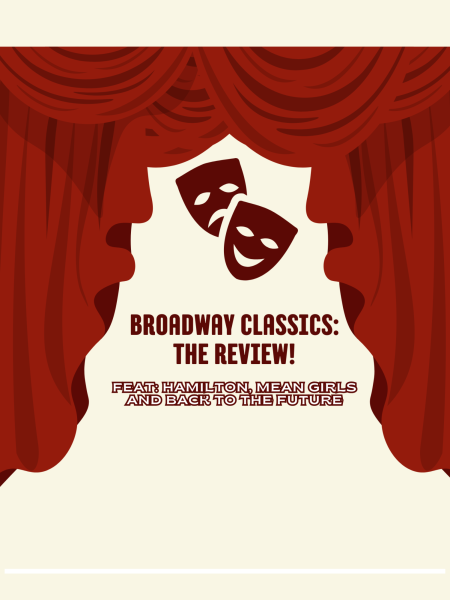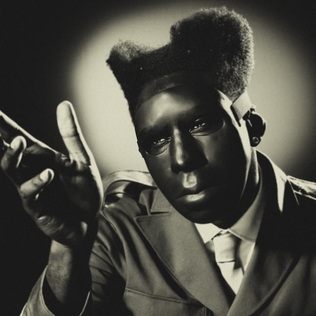TV (or not TV): Luke Cage series a dream for comic book fans
It’s been a couple weeks since the release of Netflix’s latest original series, Luke Cage, and if you haven’t seen it already, you’re missing out. The newest addition to the Marvel Cinematic Universe brings the return of a super-powered character from last year’s Jessica Jones, the bulletproof Harlemite Luke Cage. The escaped (though innocent) convict, living under an assumed identity in Harlem, New York, does his best to avoid trouble. Despite his efforts, he often finds himself at the center of conflict. When a notorious crime boss disrupts the peace in Harlem, Cage finds it near impossible to stay out of it.
A dream for comic book fans, the show closely resembles the Hero for Hire and Power Man comics of the seventies and eighties, in which Cage debuted. Written like a comic book, it may not be your cup of tea if you’re looking for another Daredevil to beat criminals to a bloody pulp, but the show isn’t just a fan-service joyride, either. Sure, corny one-liners are plenty, and we even get to hear “Sweet Christmas” more than once, but the show is well aware of the serious events it details. A stone-cold villain mixes well with an earnest and confident hero. The captivating plotline is dynamic, expanding into every corner of Harlem (and beyond). The show’s writers, including showrunner Cheo Hodari Coker, are unafraid to bring the plot to places where others wouldn’t dare, and the result is a riveting story with enough additional elements to please comic book fans, new viewers, and Coker himself.
Similarities between the 1970s comic books and the 2016 Netflix show are not hard to find, but there is an obvious rift between the two, a necessary one. The Hero for Hire comic books of the 1970s were used by Marvel in order to appeal to African-American audiences in the United States—a form of blaxploitation. Awash with black and hispanic stereotypes, the old Luke Cage comics, though well loved, were far from politically correct. It was no surprise either, given that there wasn’t an African American writer of Luke Cage until the mid-eighties. The new show, created by Cheo Hodari Coker, a longtime fan of Cage, steps far away from that theme of early Cage comics. Luke Cage represents a more modern, more genuine approach to African-American culture, and with Coker at the masthead, that, too, is no surprise.
Not unlike its precursor, Jessica Jones, Luke Cage may be a bit difficult to follow for those who are unfamiliar with Jessica Jones or Daredevil. With more than one character borrowed from its two precursors, you may be confused by some references. Though these pieces shouldn’t hinder your ability to enjoy the show, it is definitely a major mistake that writers of comic book media continue to make.
An implicit, though easily noticeable, theme throughout the series is neighborhood pride. A universal love for Harlem is obvious among its many natives throughout the show, (though Cage not one of them), and this pride is utilized by the writers in order to create conflict, fuel conflict, and even show how truly corrupt a person can be.
Wonderfully balancing entertainment and the serious, Luke Cage is both an eye-opener and a riveting thriller, though it would do new viewers well to watch Jessica Jones before embarking on this particular journey.
Your donation will support the student journalists of East Mecklenburg High School. Your contribution will allow us to purchase equipment and cover our annual website hosting costs.







